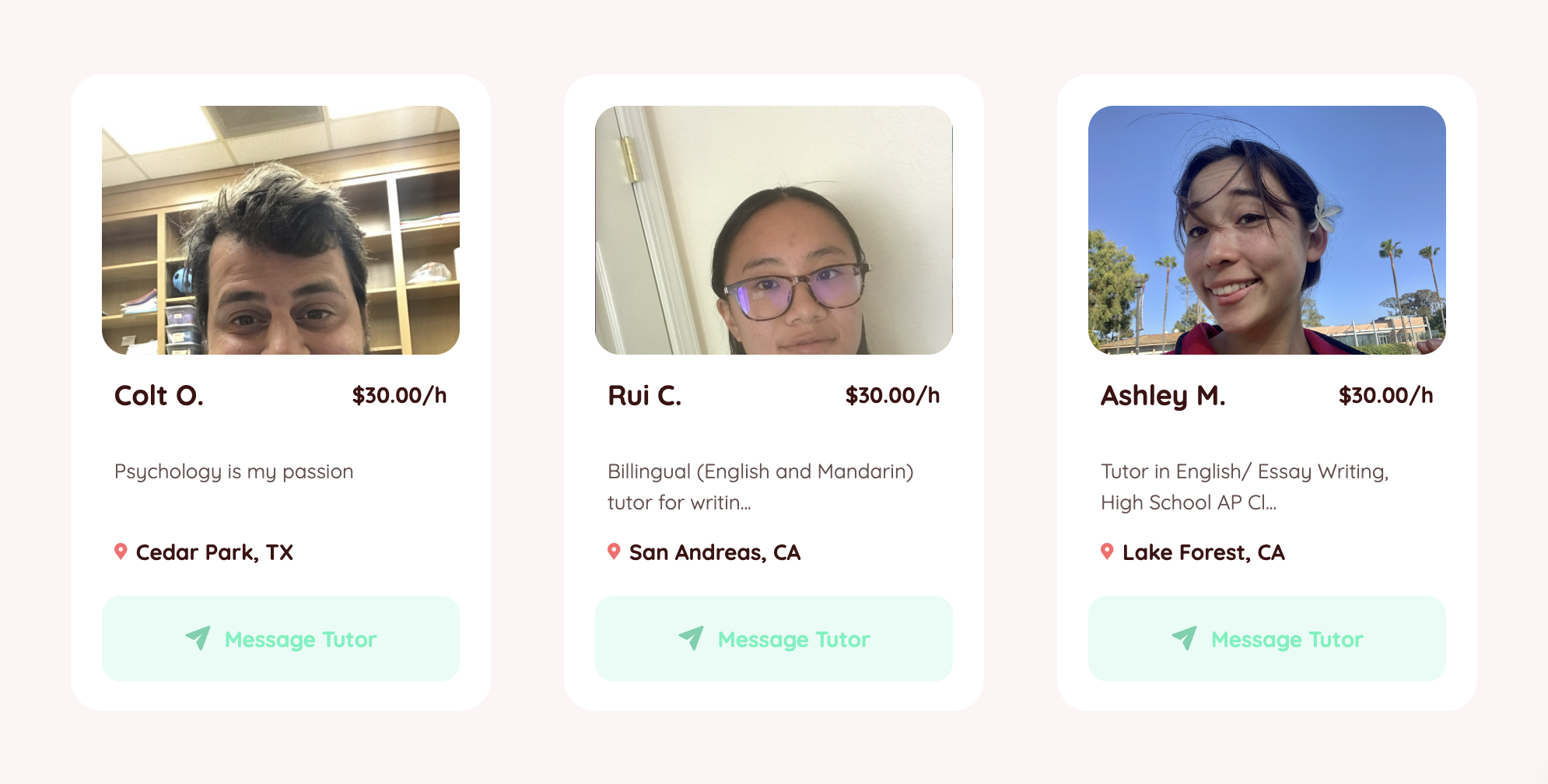I'm gonna talk about the idea of countertransference today. So what that means is when a client tells something that is something usually upsetting, but it doesn't have to be, to a therapist about the client's life or about a situation or a person. It can be about basically anything.
And then the therapist hears that information and then the therapist internalizes it as it's about them or can be internalized in, a way that they are taking it personally. So after that, the therapist then reacts based on that information back to the client and it doesn't really help the therapeutic relationship because the therapist is making the information about them usually, or can again be a reaction that they got from the client based on what the client said. So that's kind of transference.

Usually, the therapist would have to talk to a supervisor about that so that the client doesn't have any negative repercussions out of that situation so that the therapist can realize that they should not be reacting to what the client says and taking it personally. So I hope that makes sense.







